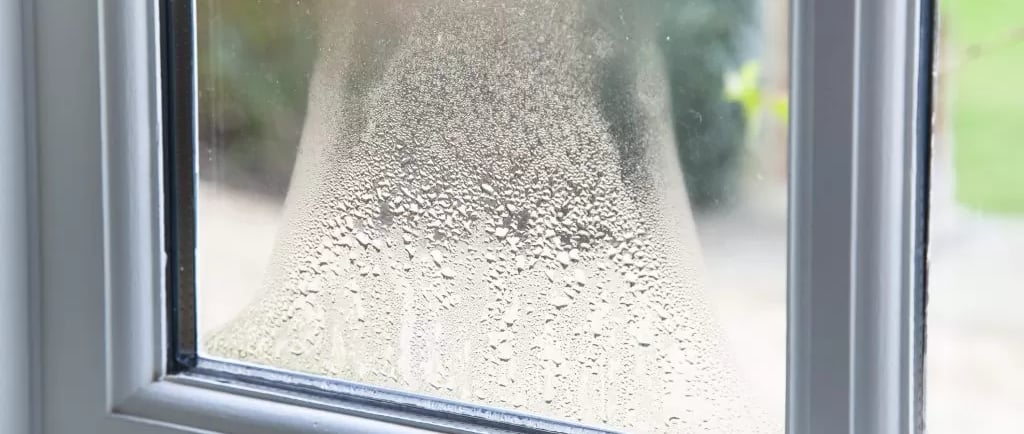Get in contact today
The Impact of Condensation on Energy Efficiency
Blown glazing in Chelmsford Essex
John Dillon
4/18/20242 min read


The Impact of Condensation on Energy Efficiency
Condensation build up between the glass panes of windows can have a significant impact on the energy efficiency of your home. When condensation occurs, it compromises the insulating properties of the window, which can lead to increased heating or cooling costs.
How Condensation Affects Energy Efficiency
Condensation occurs when warm, moist air comes into contact with a cold surface, such as the glass in your windows. When this happens, the moisture in the air condenses into water droplets, which can then become trapped between the glass panes. Over time, this condensation build up can lead to several issues that affect energy efficiency:
Reduced Insulation: The presence of moisture between the glass panes compromises the insulating properties of the window. This means that the window is less effective at preventing heat transfer between the inside and outside of your home. As a result, your heating or cooling system may have to work harder to maintain a comfortable temperature, leading to increased energy consumption and higher utility bills.
Decreased Visibility: Condensation build up can also make it difficult to see through your windows, reducing the amount of natural light that enters your home. This can result in a greater reliance on artificial lighting, further increasing your energy usage.
Potential for Mould and Mildew: Moisture trapped between the glass panes creates an ideal environment for the growth of mould and mildew. Besides being detrimental to your health, mould and mildew can also compromise the structural integrity of your windows and surrounding areas. This can lead to additional energy inefficiencies and costly repairs.
Preventing and Addressing Condensation
To maintain energy efficiency and prevent condensation build up, it's important to take proactive measures. Here are some steps you can take:
Improve Ventilation: Proper ventilation is crucial in reducing the amount of moisture in your home. Ensure that your kitchen and bathroom are properly ventilated, and consider using dehumidifiers in areas prone to high humidity.
Use Moisture Absorbent Materials: Placing moisture-absorbent materials, such as silica gel packets or desiccants, near your windows can help absorb excess moisture and prevent condensation.
Upgrade Your Windows: If condensation is a recurring issue, it may be worth considering upgrading your windows to ones with improved insulation properties. Double or triple-pane windows with gas-filled gaps can help reduce condensation and improve energy efficiency.
Regular Maintenance: Regularly inspect and clean your windows to remove any existing condensation or signs of mould and mildew. Addressing these issues promptly can help prevent further damage and maintain energy efficiency.
Conclusion
Condensation build up between the glass panes of windows can have a negative impact on the energy efficiency of your home. By understanding the causes and effects of condensation, as well as implementing preventive measures, you can maintain a more energy-efficient home and reduce your heating and cooling costs in the long run.
If you find this is happening to your windows please get in contact.
